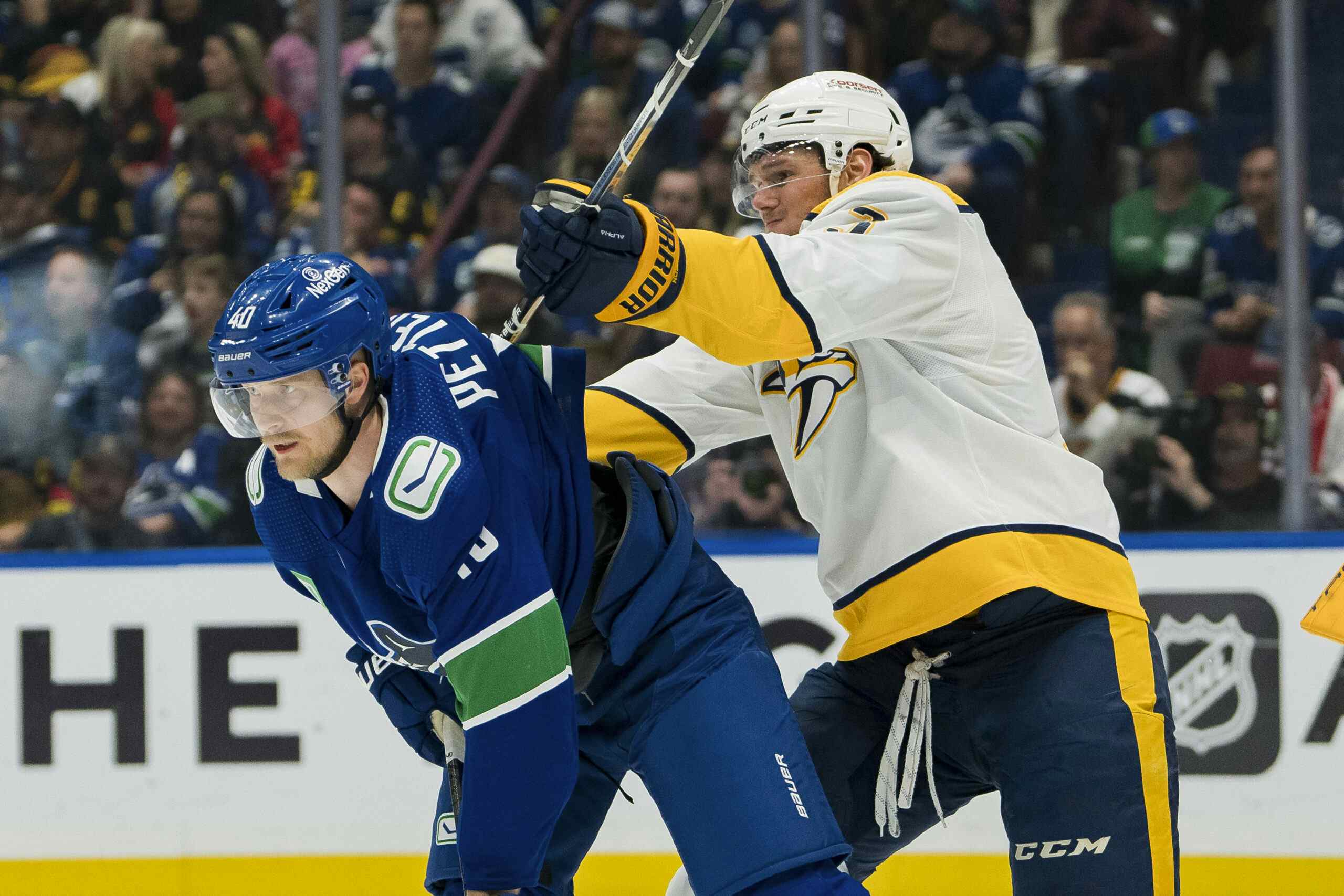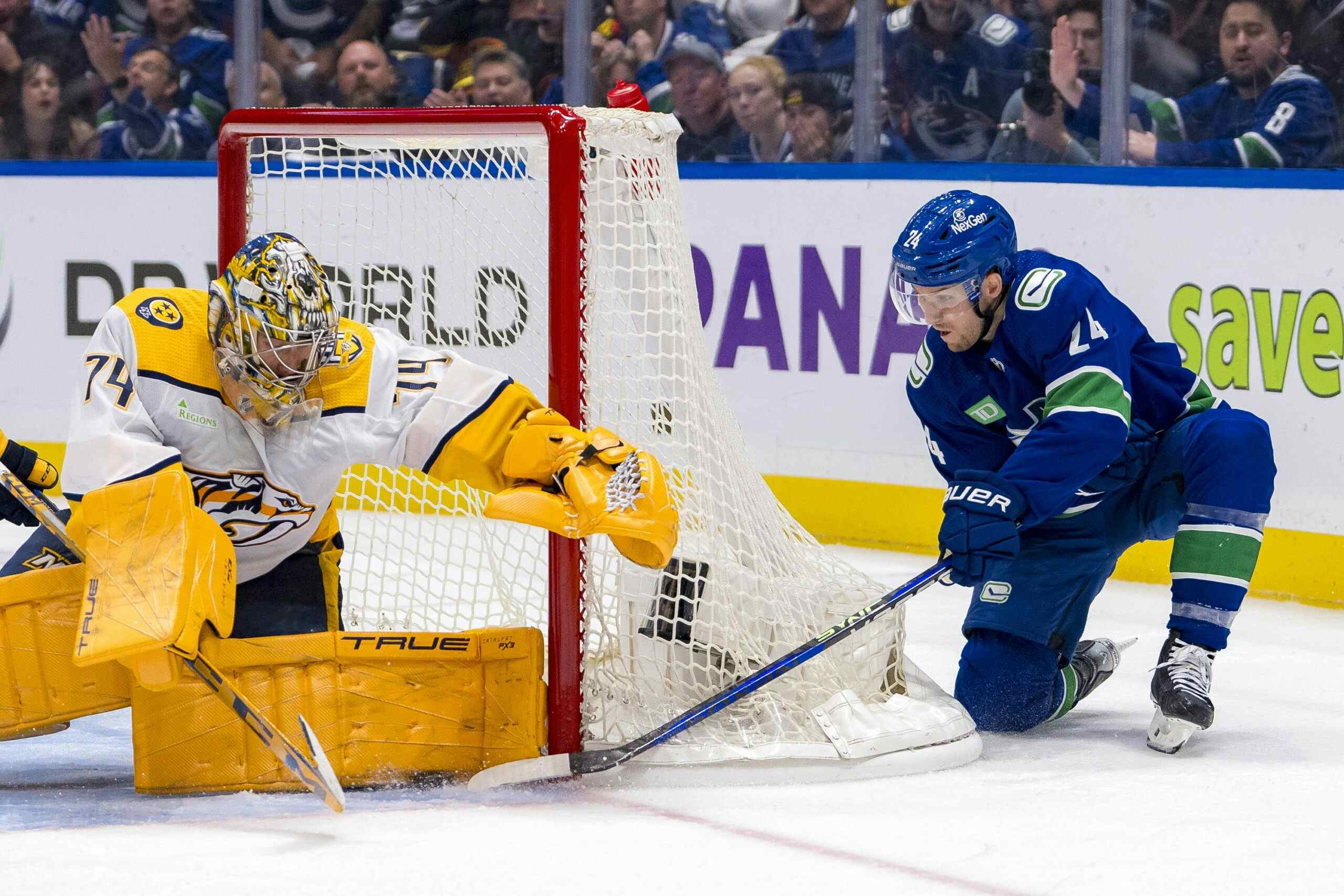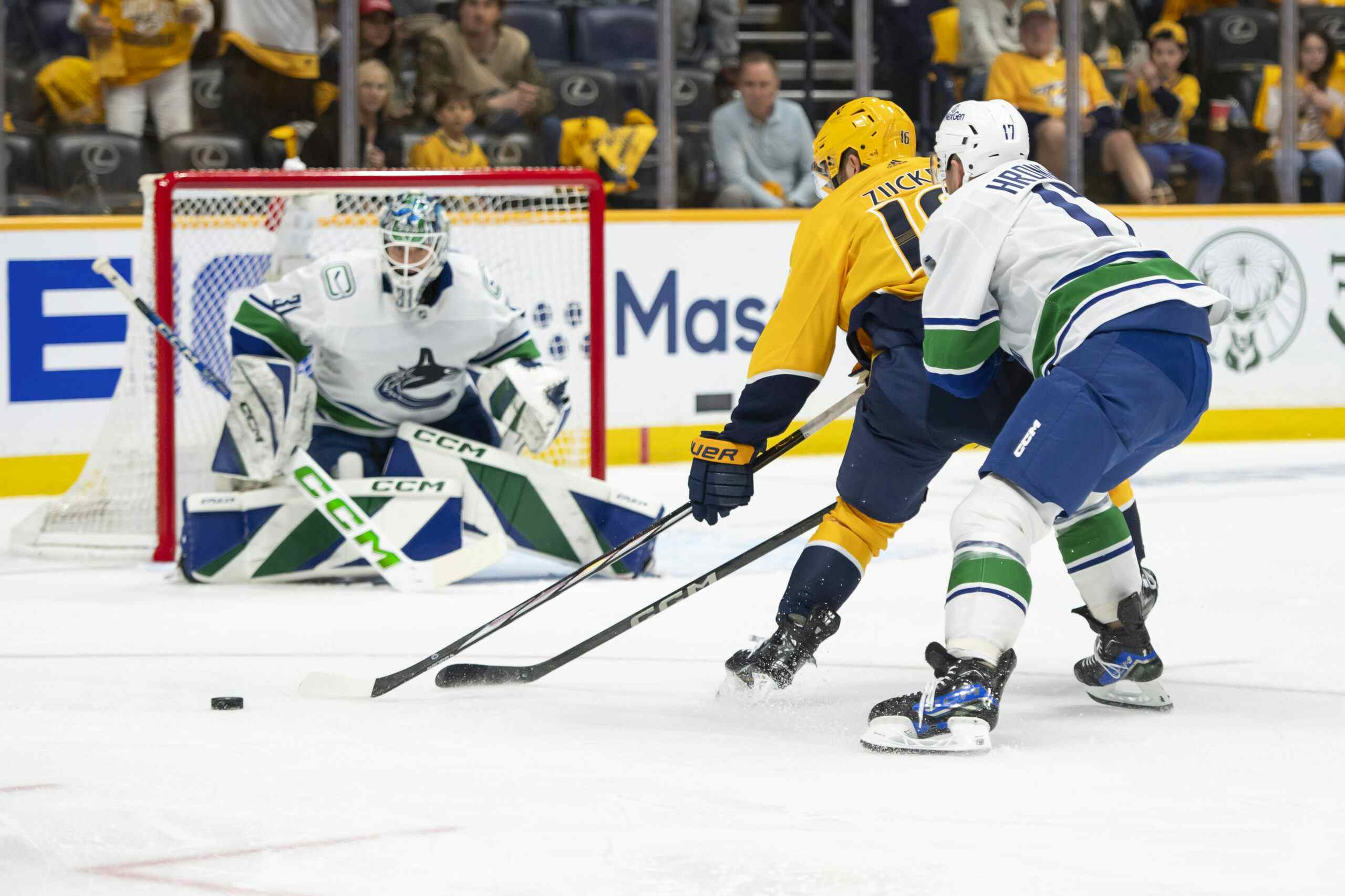Why An Amnesty Clause Makes Sense

Shawn Horcoff. Keith Ballard. Matt Stajan. Mike Komisarek. The list is a lot longer than that, but it sometimes feels like every team in the league has a player or two whose contracts they’d love to make disappear.
That’s why some sort of amnesty buyout could be an appealing option when the NHL and NHLPA eventually get together and work out the next collective bargaining agreement.
At this point, such an amnesty is entirely speculative; the NHL and NHLPA haven’t even sat down to begin discussing the next deal yet. That might not sound good, but it’s okay; the league and the players’ association have almost five whole months to hammer out a new deal and nothing in their past suggests they’d sacrifice hockey for bickering over terms. And surely, if they had done so, league revenues would have dropped so precipitously that they’d never even ponder doing it again.
At any rate, with the next CBA barely a twinkle in the eye of its uncommunicative parents, it’s impossible to know if it will contain some sort of contract amnesty. What is clear is that it makes sense for both sides.
A contract buyout is often viewed as an ugly tool by the media, but from a player’s perspective things generally aren’t so bad – especially if the player is old enough that he’s only eligible for a two-thirds buyout. Even when he isn’t, the buyout can work out well – Cam Barker made more money this year, post-Minnesota buyout, than he would have had the Wild opted to keep him around.

Take Shawn Horcoff as an example. If the Oilers decided this summer that they wanted to buy Horcoff out, they would need to spend $8.67 million (spread over six years) to make it happen. Horcoff, without a buyout, will make $13 million. Now, if Horcoff can get a free agent contract equal to Eric Belanger’s three year, $1.75 million/year pact he’ll pick up almost a full million extra to stuff into his bed of money (and that shouldn’t be hard, given his true value is likely north of $2.0 million per season).
Indeed, from a player’s perspective, any sort of contract amnesty would be a huge injection of cap circumventing cash. If each team spent $3.33 million on a buyout (i.e. bought out $5 million worth of total salary) that would be $100 million of expenses that wouldn’t count against the salary cap. Knowing what the they know about NHL general managers, the players’ association could also bank on that open cap space quickly being filled as teams do what they always do when they have money: spend it like drunk sailors on shore leave.
Plus, there’s even a chance that with an amnesty buyout, Wade Redden might get to play another NHL game at some point, and that has to be a plus.
From the league perspective, the problem is that teams could go ahead and shell out $100 million that doesn’t count against the cap, throwing their delicate revenue-to-player salary ratio out of balance.
Really though, it’s a minimal point. The league will still have their salary cap, and this would represent a way to ease some of the pressure teams are facing internally without backing off it. Besides, the big market teams – the Leafs, the Rangers, etc. – have been crying out for a chance to use their financial clout to better their teams. An amnesty would give them that opportunity without throwing the cap system out of whack while still allowing small-budget teams to carry on as they were.
If the league chose to decline an amnesty offer, it might also come in handy as a wedge issue for the players’ association. For the NHLPA to get the best possible deal, they’ll need to find issues that split ownership, and this could easily be one of them.
In any case, the league will need to figure something out, particularly if they’re pushing for a reduced salary cap in the new CBA. If, for instance, the team was successful in pushing the players’ portion of revenue down to 50% as it is in basketball, that decision would knock the current cap down to the $55 million range. Eight teams already have that much committed to next year without signing any of their free agents.
This is why I tend to think a one-time amnesty clause will be a part of the new agreement. It simply makes sense from all angles – it’s money for the players, appealing to teams in financial trouble, and one way to help the league adjust to what is likely to be a lower cap figure in the future.
Then again, if NHL history is anything to go by, ‘making sense’ doesn’t necessarily equate to ‘going to happen.’
This week by Jonathan Willis at the Nation Network
- Kevin Lowe: "It’s a business first"
- Justin Schultz would solve a lot of problems for the Oilers
- The Oilers should sign Josh Harding this summer
- Roberto Luongo asks for a trade
- Red Wings’ G.M. Ken Holland on player development
- Team Canada takes shape – and is looking pretty good
- Anton Lander: Putting the genie back in the bottle
- Milan Lucic and drafting "Coke Machines"
- Tyler Pitlick’s future with the Oilers
- Does the Presidents’ Trophy matter?
- Raffi Torres suspended 25 games for his hit on Marian Hossa
Recent articles from Jonathan Willis





